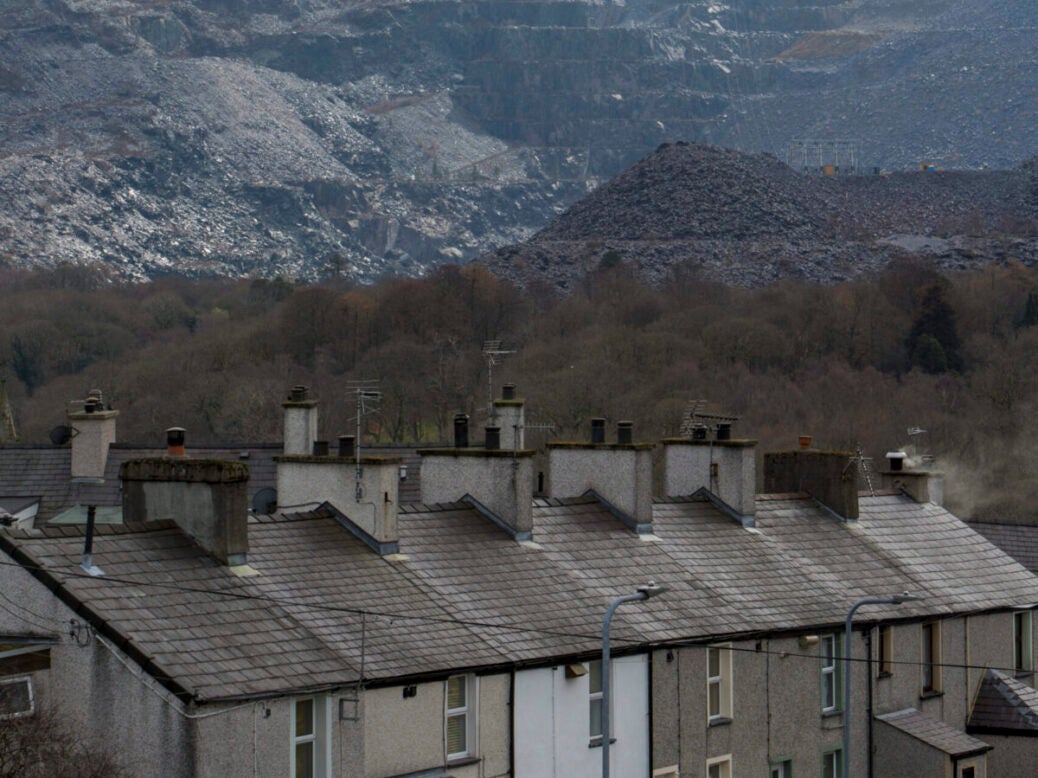
A news aggregator and journalism charity are teaming up in an attempt to examine the differing ways in which local news gaps need to be tackled across the UK.
Newsnow and the Public Interest News Foundation (PINF) will create Local News Plans that act as templates to allow the news needs of more communities to be assessed.
They will initially focus on six locations across the four nations of the UK.
PINF executive director Jonathan Heawood told Press Gazette the effort is not supposed to be a “moan-fest” about the state of local news.
Instead, he said, the effort hoped to determine whether more money was necessarily the answer to local journalism’s plight everywhere in the country.
The Local News Plans will be documents hosted online setting out “a shared vision for the future of public interest news in each area, and will include commitments from stakeholders including local politicians, business leaders, civil society organisations, funders and people with lived experience of relevant issues”.
The process of developing the plans will be conducted by PINF and paid for by independent news aggregator Newsnow.
Struan Bartlett, chief executive of Newsnow, said: “Sustainably funded public interest journalism is vital for healthy local democracies.
“Rather than parachuting in money or solutions, we believe that by getting people on the ground to talk to each other, communities can work out for themselves what they want from local news and how best to incentivise and support local providers to deliver it.”
Asked about the “parachuting in money” comment, PINF’s Heawood told Press Gazette: “There’s been a couple of attempts over the last few years to deal with the local journalism crisis by either creating [BBC-funded] Local Democracy Reporters or community reporters through the Facebook/NCTJ scheme.
“We think they’re both really valuable schemes, but they are basically one size fits all. They’re starting with the assumption that the problem is a lack of reporters to cover local democracy and we will solve that problem by creating a certain number of identical job posts and placing reporters in newsrooms spread evenly across the UK.”
PINF, a journalism charity that promotes public interest news in the UK, wants to see whether that is the best approach by looking closely at what different communities in the UK ask for from their local journalists.
The six locations are Bangor (pictured), Newry, Glasgow, Manchester, Bristol and Folkestone.
Heawood said: “Bangor in North Wales – strong Welsh speaking community. Newry in Northern Ireland, close to the Irish border – historically, very divided community. Glasgow, Manchester, Bristol – places which are comparative news deserts or comparatively news-rich like Bristol. Bigger, smaller, richer, poorer, more or less urban or rural.
“So our hunch is: these are really quite different places. Do they all need the same thing from local news? Or not?”
Their second hunch was that “communities have got resources. So when we talk about not wanting to parachute in solutions, we mean we don’t want to just sort of dump reporters on people’s heads, or even dump money on people’s heads…
“There are resources already there, whether it’s in the business community or local philanthropists or community foundations or local authorities or public agencies that have actually got budgets.
“Maybe when we all come together and talk about the way that local news could play a role in those communities, maybe they will start to realise that their budgets could be really well spent on supporting, stimulating homegrown solutions to those challenges.”
Heawood stressed he was not opposed to throwing money at the problem: “We’re not saying we don’t want there to be national sources of funding – like national sources of funding would be great for local journalism, and also potentially tax breaks. There are definitely policy levers that need to be pulled at a national, UK or devolved nation level.
“But they need to be pulled in a way that is sensitive to the needs and potential on the ground.”
What sorts of questions will PINF be asking in these locations?
“What we’re interested in is: what do people think about the state of local news in their community right now? What would they like local news to look like for their community? And then finally, what have they got, or what can they do to help to realise that vision.
“So it’s not just a moan-fest. We don’t want to just go in and hear people complaining about the demise of local news. We want to hear people’s views, for good and bad, but also get them thinking about what they would really like to have. And then also get them thinking about what they’ve got to give.”
Local stewards will help PINF’s media consultant Sameer Padania to identify participants in each area. Heawood said the hope is that the lessons learned creating the Local News Plans can be conveyed to stakeholders and policymakers at a national level.
The first workshop is due to be held on Thursday 29 September in Folkestone.
[Read more: UK news deserts – Police PRs outnumber reporters in some regions]
Picture: Andrew Aitchison/In pictures via Getty Images
Email pged@pressgazette.co.uk to point out mistakes, provide story tips or send in a letter for publication on our "Letters Page" blog
